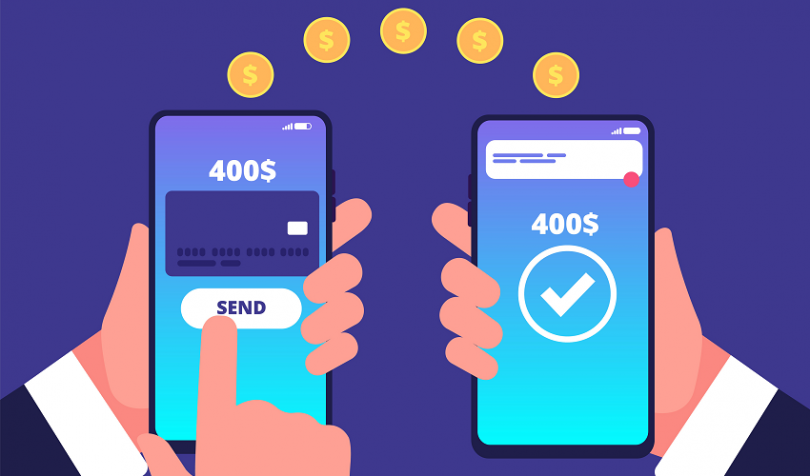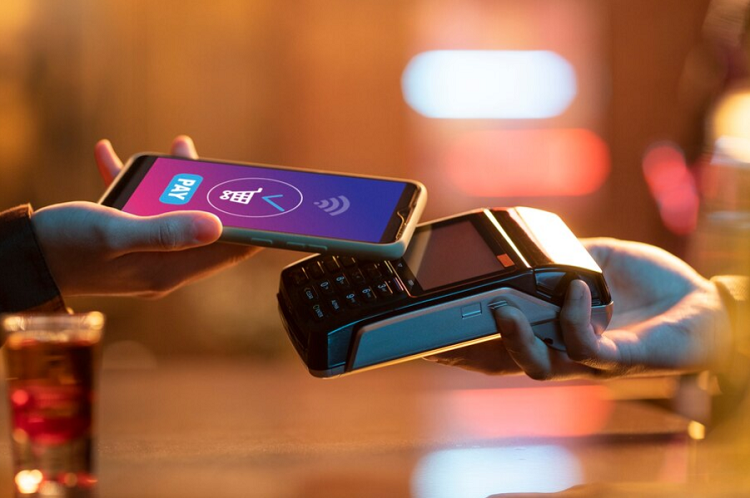On-line transactions have skyrocketed lately. Incidents of payment-related fraud have gone up alongside them.
In keeping with a latest examine performed by Mastercard, there was a 600-per-cent enhance in cybercrimes and a 238-per-cent rise in cyberattacks because the pandemic. The whole world value is about $6-trillion, or the equal to 1 per cent of worldwide GDP. The examine additionally discovered that fraud elevated 32 per cent and chargebacks elevated by 33 per cent between 2021 and 2022.
“We’ve seen a major enhance in e-commerce transactions because the pandemic. In reality, on-line gross sales are up about 8 per cent [as a proportion of total sales] over the past 4 years,” says Aviva Klein, vice-president of Digital Funds and Cyber & Intelligence for Mastercard Canada. “As we see the shift between card-present and card-not-present transactions — from offline to on-line — the menace profile of these transactions additionally shifts, and that’s one of many explanation why fraud is rising at a fast charge.”
The change in buying habits has additionally made companies a main goal for cost fraud. In keeping with a latest Mastercard enterprise fraud report, 38 per cent of enterprise house owners have been the goal of a payments-related fraud, or they know different companies which have been impacted. Information breaches value the common Canadian firm $5.65-million in direct and oblique bills — $1-million greater than world averages. The examine discovered 71 per cent of shoppers and 79 per cent of companies are involved about cost fraud.
There are lots of small and straightforward steps Canadian enterprise house owners can take to guard themselves, and lots of instruments that may additional safe their digital transactions. One frequent barrier that stops these instruments and ways from being adopted, nevertheless, is the concern of overburdening customers with additional steps throughout a transaction, which might finally have a destructive impact on gross sales.
“There are lots of unimaginable applied sciences on the market that may fulfill each units of constituents’ wants,” Ms. Klein says. “That features the necessity for shoppers to have a secure, safe and frictionless expertise, and for companies to have the protections in place to instill belief from prospects.”
A few of the newest applied sciences enhancing cost safety embody biometrics — akin to retina scans, facial recognition and fingerprint applied sciences — encryption and synthetic intelligence, in addition to new world requirements and protocols. The EMV® 3-D Safe fraud prevention protocol, for instance, permits suppliers like Mastercard to detect when customers try to finish transactions from IP addresses they’ve by no means used earlier than, or from completely different gadgets, then request additional data to verify their identities.
In an effort to additional this type of discrete identification verification, Mastercard in 2021 acquired Ekata, one of many world’s leaders within the discipline. The corporate’s proprietary software program makes use of 5 frequent items of knowledge which are sometimes offered at checkout to verify a person’s identification: identify, telephone quantity, e mail handle, mailing handle and bank card quantity.
“We take a look at these 5 items of information and return again a rating on how nicely they really hyperlink collectively,” Ms. Klein says. “We will see, for instance, if the IP handle that is available in with that transaction is an IP that has fraud related to it already; we will see issues like how lengthy the e-mail handle has existed.”
The superior software program instruments working behind the scenes may establish anomalies in how data is entered. For instance, knowledge akin to passwords and e mail addresses which are minimize and pasted may elevate a purple flag, and the identical goes for any data entered in a manner that’s inconsistent from beforehand noticed person cadence.
“There are applied sciences that may perceive how the data is being inputted into the web site,” Ms. Klein says. “For instance, I can kind my identify a lot quicker than anybody else’s, so even markers like how we kind might help establish potential fraud.”
When these anomalies come up, Ms. Klein says the transaction isn’t essentially declined, at the very least not straight away. As a substitute, customers could also be requested for extra authentication, akin to a one-time code despatched to their cell machine, or a biometric identification.
She provides that lots of the most superior applied sciences defending Canadian transactions have been pioneered proper right here in Canada, at Mastercard’s International Intelligence and Cyber Centre of Excellence in Vancouver.
“The crew is growing a ton of latest mental property — we’ve 48 patents filed since 2020 — and lots of the AI and knowledge modelling work that we do to guard funds really comes out of Vancouver,” Ms. Klein says. “The innovation being developed on the Mastercard Intelligence and Cyber Centre in Vancouver is reworking the way forward for world digital funds and can profit companies and shoppers in Canada and all over the world.”
By utilizing the newest AI instruments, Ms. Klein says retailers can take pleasure in peace of thoughts figuring out their transactions are protected towards cost frauds, whereas shoppers can really feel safer making on-line funds with none further steps or friction.





